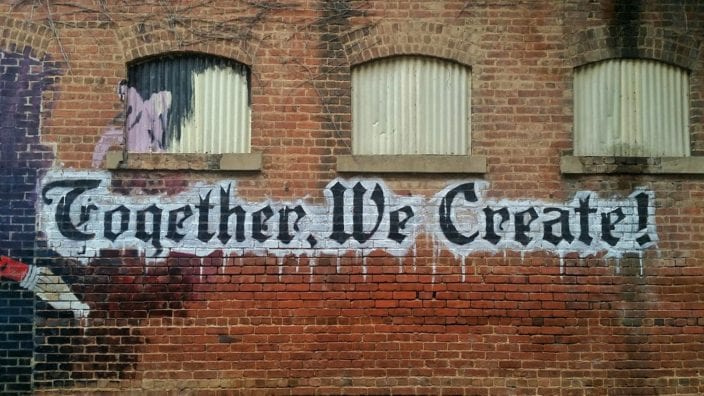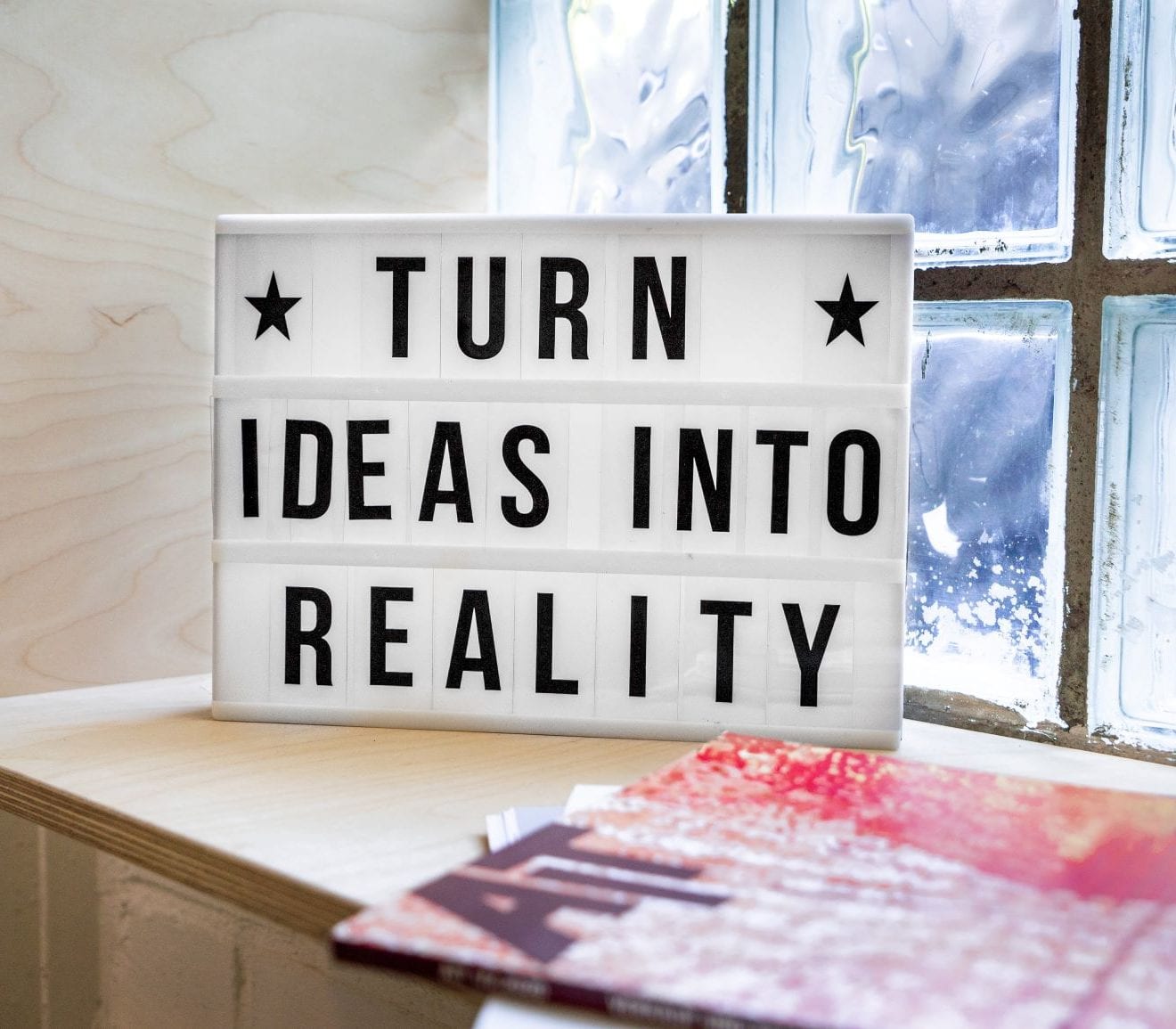If you want to make change, begin by making culture. Begin by organising a tightly knit group of people in a Reality Group. Culture beats strategy – so much that culture is strategy.
In his brilliant book The Laws of Human Nature, Robert Greene writes in praise of what he calls ‘reality groups’ – groups that are infused with a functional and healthy dynamic arising from their ability to maintain a tight relationship with reality.
“Not wasting time on endless political games, such a group can accomplish ten times more than the dysfunctional variety. It brings out the best in human nature – people’s empathy, their ability to work with others on a high level. It remains the ideal for us.”
Being part of a dysfunctional group can make its members unstable and neurotic. When rumours proliferate and gossip gets out of hand, it is always a sign that people lack the genuine article – honest, meaningful information.
In contrast, membership of a Reality Group makes us healthy and whole. It can be a memorable and life-changing experience. Once a mind is truly stretched, it never returns to its former dimensions.
Greene calls upon us “as enlightened human beings to create as many such groups as possible, making society healthier in the process”.
How do Reality Groups form?
Here I will relate my experience. Three months ago, as Covid was dawning, a long-standing colleague and friend invited me to join a Zoom discussion with six others. A diverse group of professionals, creatives, business owners and coaches.
What emerged was a weekly 2-hour meeting, no agenda, just a shared intention to explore what we were learning from the world and let the conversation flow. As relationships developed and the group’s identity took form – the group began to reflect upon itself. What is going on within the group? What draws us here? Why are we coming back each week?
Some of the observations included a sense of higher energy, an appreciation for the quality of focus that occurs when the group meets – the sense of flow, and how the ideas raised at the meetings inspired conversations outside of the group – both professionally and with family
It remains an early stage experiment – but my curiosity is piqued. There is something in the idea that conversation is much under-studied tool for change – in comparison with say – leadership.
I believe there is a gap here. Reality Groups – as a conversational tool – can form the bridge between leadership as a role-based activity and leadership as a culture. This is worth studying!
What do reality groups do?
They engage in meaningful conversation.
It is not the volume of information that is shared that matters. It is the meaning of information that makes it potent or not. When a Reality Group identifies information as meaningful, it becomes a force for change.
As Margaret Mead observed –
Never doubt that a small group of thoughtful, committed citizens can change the world; indeed, it’s the only thing that ever has.
Reality Group members build the mental muscle to look at information that disconfirms past beliefs or practices and they retain their vitality by searching out surprise, looking for what is startling, uncomfortable, and maybe even shocking.
Group members do not have to agree with everything; just agreeing to everything is enough to create the space for emergence.
Why is this important now?
The survival of our civilisation may well depend upon whether our institutions can evolve into sustainable communities and hence become ongoing learning organisations. I believe this requires a better connection with reality and a more distributed leadership culture.

As Jack Welch noted
“If the rate of change on the outside exceeds the rate of change on the inside, the end is near.”
We must come to terms with the reality of change which requires continued adjustments in the way we think and behave. Reality Groups help us to perceive in multi-dimensional ways. This is the essence of thinking with integrity.
The word integrity comes from the noun “integer” which signifies wholeness, entirety, and completion. To think and ultimately act with integrity, we must integrate the multiple reasons and dimensions of our incredibly complex world.
A learning organisation must be a community. A sustainable community will be a learning organisation and Reality Groups are learning communities.
What is in it for you?
Reality Groups are not just a vehicle for collective growth. They are also a vehicle for individual growth. In a nutshell being a member of a Reality Group helps you to become more competent. Specifically, they foster a higher degree of consciousness and self-control; in other words, psychological competence.
True competence is more about growing in wisdom than accumulating more knowledge. As soon as people become more competent, life will give them bigger things to do. This the prize!
What’s next?
Buckminster Fuller observed “If you want to teach people a new way of thinking, don’t bother trying to teach them. Instead, give them a tool, the use of which will lead to new ways of thinking.”
It is probably true that there is no use in trying to change human nature. It has been the same way for a long time. Instead think about the tools that are available to you. New tools make new practices. Better tools make better practices. Reality Groups might be a better tool.
The essence of political change is almost always cultural change and the culture changes horizontally – person to person and perhaps reality group to reality group.
The next step is to bring more Reality Groups into the world.
To find out how you can do that – go to the Originize project.
Read more about the power of conversation between different perspectives – Delivery vs Development
Contact me for a conversation

Share this on...